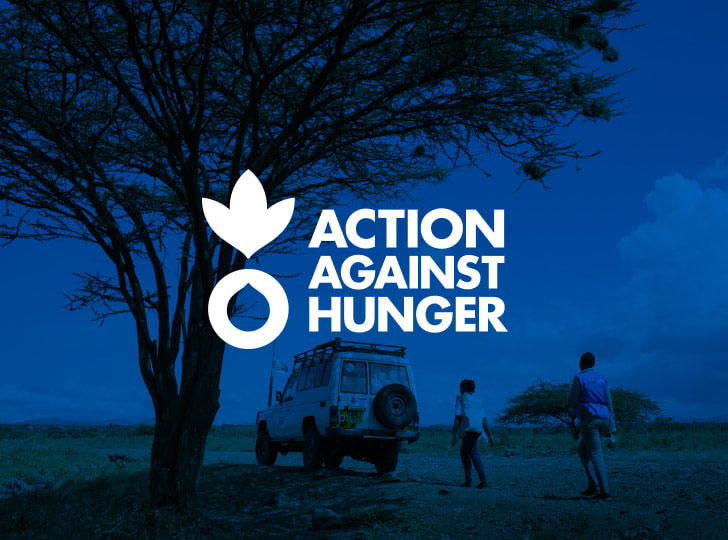
GIVE THIS RAMADAN

Action Against Hunger Warns that Funding Shortfalls for Humanitarian Assistance Threaten the Lives of Millions of Vulnerable People in Yemen
After more than seven years of war and economic decline, 17.4 million people in Yemen are now in need of food assistance and a growing portion of the population is struggling with emergency levels of hunger.
Acute food insecurity and malnutrition in Yemen have further deteriorated since January. An estimated 17.4 million Yemenis face food insecurity and, according to latest projections, that number will grow to 19 million by June. Of greatest concern is the 31,000 people currently facing famine conditions. In addition, approximately 2.2 million children under the age of five are projected to suffer from acute malnutrition this year, including 538,000 who will be severely malnourished.
“In some districts of Hajjah and Hodeidah, the nutrition situation has continued to worsen over the last months, despite strong efforts of humanitarian actors. Our team are extremely worried that they are about to face a famine situation. As the world focuses its attention on the terrible situation in Ukraine, far away, Yemen is on the brink of an outright catastrophe,” said Benjamin Vienot, Country Director for Action Against Hunger in Yemen.
Conflict and economic crisis remain the main drivers of acute food insecurity and malnutrition in Yemen. The outlook for 2022 indicates that both of these issues will persist, with a likelihood of further escalation of fighting in critical hotspots, leading to further displacement of people. In addition, as a result of the protracted conflict, access to public services has been brought to a near-halt, resulting in salary delays or income reductions, poor access to health services, and inadequate access to water.
The conflict in Ukraine will further worsen this already catastrophic situation. Yemen depends almost entirely on food imports, with 30 percent of its wheat imports coming from Ukraine. The sharp increase in wheat prices due to the conflict in Ukraine will automatically increase the cost of food and reduce its access for the most vulnerable people.
“We hope the crisis in Ukraine does not divert funds and attention away from Yemen. The international community has a duty to alleviate human suffering, whether they hit close to home or not,” said Vienot.
In Yemen, there are severe funding shortfalls for humanitarian activities, threatening lifesaving assistance for millions of vulnerable people across the country. By the end of December, the 2021 Humanitarian Response Plan was only 58 percent funded, leaving a gap of $1.6 billion. Funding is urgently needed to sustain the humanitarian response.
Action Against Hunger has been working in Yemen since 2012 and has ongoing operations in Al Hudaydah, Lahj, and Abyan in the south and in Al Hudaydah and Hajjah in the north. Our programs focus on health, nutrition, food security, livelihoods, water, sanitation, hygiene, and mental health and Psychosocial Support.



Join our community of supporters passionate about ending world hunger.